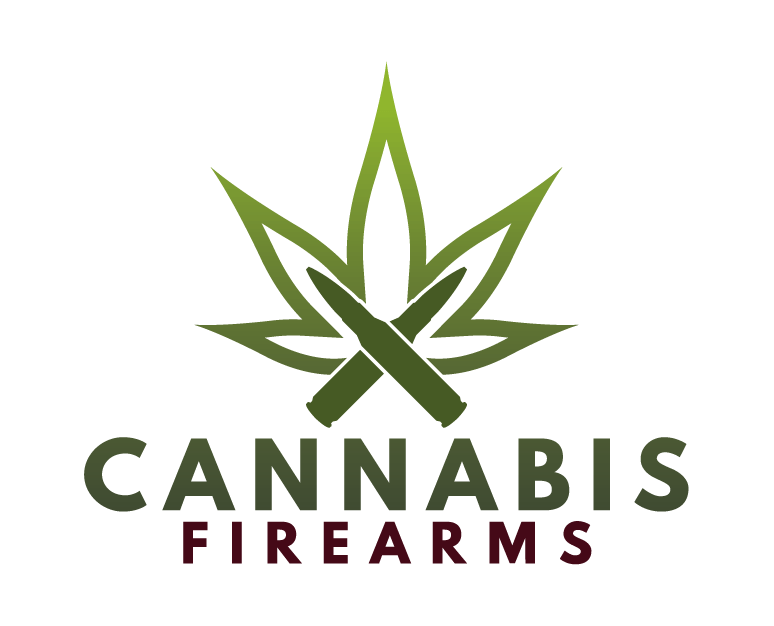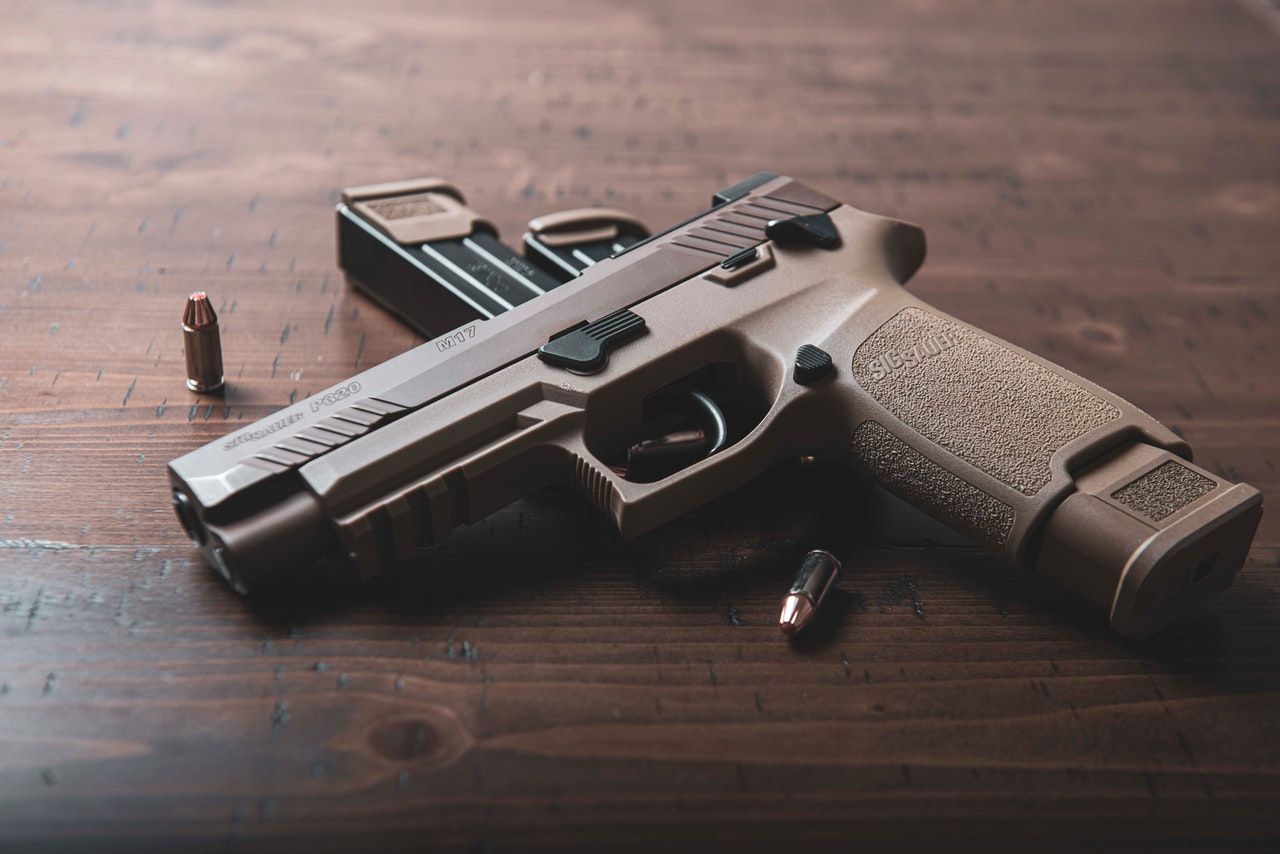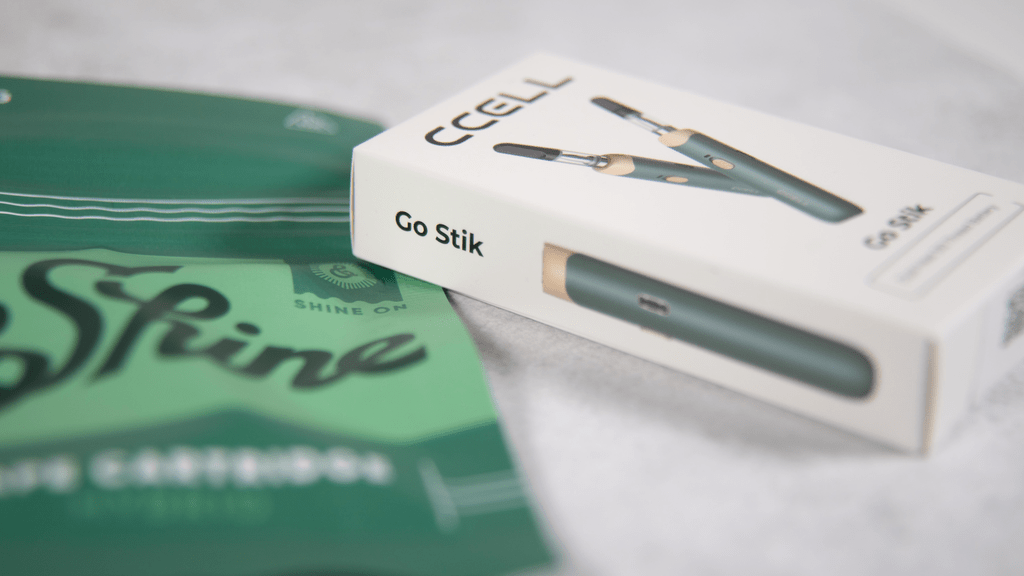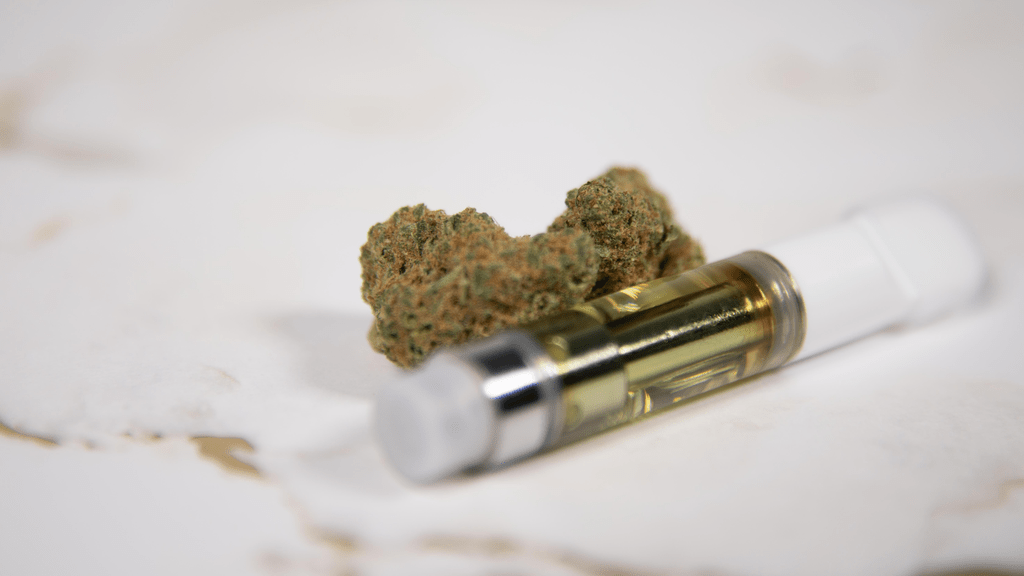For many U.S. veterans living with post-traumatic stress disorder (PTSD), medical cannabis offers a sense of relief that traditional treatments sometimes can’t provide. Yet, beneath that potential for healing lies a difficult reality—using cannabis can jeopardize a veteran’s right to own or purchase a firearm under federal law. The intersection of cannabis, PTSD treatment, and Second Amendment rights remains one of the most complex and emotionally charged issues veterans face today.
Many veterans who return home from combat struggle with the invisible wounds of war—flashbacks, anxiety, sleeplessness, and emotional numbness. While the Department of Veterans Affairs (VA) does not endorse cannabis as a PTSD treatment, countless veterans across the country have found it helpful for easing symptoms and improving quality of life. Still, because cannabis remains classified as a Schedule I controlled substance under federal law, its use carries significant legal implications.
Under the Gun Control Act of 1968, individuals considered “unlawful users of or addicted to any controlled substance” are prohibited from purchasing or possessing firearms. That includes cannabis—even if it’s prescribed medically and legal under state law. When filling out the ATF Form 4473, which is required for firearm purchases, buyers must answer whether they are an unlawful user of marijuana or any controlled substance. Answering “yes” disqualifies the buyer from purchasing a firearm. Answering “no” while using cannabis could be considered making a false statement, a felony offense.
This means that a veteran with a medical marijuana card—even one using cannabis responsibly under state-approved medical supervision—is viewed by the federal government as an “unlawful user.” The Bureau of Alcohol, Tobacco, Firearms, and Explosives (ATF) has been clear that marijuana users, regardless of state law, are ineligible to own or purchase guns. For veterans who grew up hunting, collecting firearms, or simply exercising their constitutional rights, this creates a painful trade-off between personal wellness and personal freedom.
For veterans with PTSD, that choice can feel particularly unfair. Many served their country, were trained to handle firearms responsibly, and continue to value the Second Amendment as part of their identity. To be told they must choose between managing PTSD naturally or maintaining their right to bear arms feels like a betrayal of the freedoms they fought to defend.
Some lawmakers agree. Federal proposals like the Gun Rights and Marijuana (GRAM) Act seek to change the law so that state-legal cannabis use does not strip citizens of their firearm rights. A few recent court rulings have also challenged the constitutionality of the ban, citing the Supreme Court’s 2022 Bruen decision, which set a new standard for evaluating firearm restrictions based on historical tradition. However, these cases remain under review, and the federal prohibition is still in effect nationwide.
For now, veterans considering medical cannabis must weigh their options carefully. Consulting with both a healthcare provider and an attorney familiar with cannabis and firearm laws is wise. State legality does not protect against federal enforcement, and firearm applications are still governed by federal law.
Veterans should also remember that the VA will not revoke benefits or health care eligibility for talking openly about cannabis use, though VA doctors cannot recommend or prescribe it. Being transparent about cannabis use can help ensure continuity of care while minimizing legal risks.
Until Congress updates the law or cannabis is reclassified federally, veterans will remain in this legal gray area — forced to choose between relief and rights. The hope among advocates is that lawmakers recognize the unique position of veterans who have already sacrificed so much. For them, access to a plant that eases suffering should not come at the cost of constitutional freedoms.
Learn more: How cannabinoids affect PTSD symptoms.




